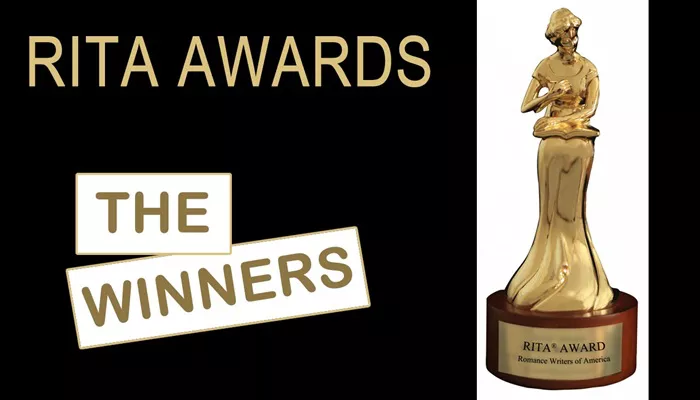The RITA Award was a prestigious accolade presented by the Romance Writers of America (RWA) from 1990 to 2019. It celebrated outstanding achievements in the realm of romantic fiction, recognizing the talent and creativity of authors who crafted stories that captivated readers worldwide. Named after Rita Clay Estrada, the RWA’s first president, the award held significant importance within the literary community.
Origins and Purpose
Established in 1990, the RITA Award aimed to honor excellence in published romance novels and novellas. Over its three-decade tenure, it became one of the most esteemed awards in English-language romance fiction, highlighting works that exemplified high standards of storytelling, character development, and emotional depth.
Structure and Categories
The RITA Awards encompassed a diverse array of categories to acknowledge the various subgenres within romance literature. As of 2017, the categories included:
Best First Book: Recognized debut works that introduced fresh voices to the romance genre.
Contemporary Romance: Celebrated modern romantic tales set in contemporary settings.
Erotic Romance: Honored stories that explored intimate and sensual themes.
Historical Romance: Acknowledged narratives set in historical contexts, blending romance with rich historical details.
Mainstream Fiction with a Central Romance: Recognized works where romance played a central role within a broader fictional narrative.
Paranormal Romance: Celebrated tales that intertwined romantic elements with supernatural or fantastical themes.
Romance Novella: Honored shorter works that delivered impactful romantic stories.
Romance with Religious or Spiritual Elements: Recognized stories that incorporated faith-based themes within romantic plots.
Romantic Suspense: Celebrated romances intertwined with suspenseful and thrilling narratives.
Young Adult Romance: Acknowledged romantic stories targeted at a young adult audience.
Each category aimed to spotlight the unique facets of romance writing, ensuring that authors received recognition for their contributions to the genre’s diversity and richness.
Selection Process
The selection process for the RITA Awards was thorough and multi-phased:
Entry Submission: Authors submitted their published works for consideration, providing five printed copies by the specified deadline.
Preliminary Judging: Each entry was evaluated by five separate judges to ensure a comprehensive assessment.
Finalist Announcement: Top-scoring entries were announced as finalists in mid-March.
Award Ceremony: Winners were revealed at the annual RWA National Conference, typically held in July, where authors and industry professionals gathered to celebrate achievements in romance writing.
This structured approach ensured that the awards upheld a standard of excellence and reflected the diverse voices within the romance community.
Notable Winners
Over its years of operation, the RITA Awards celebrated numerous authors who went on to achieve significant success. Some notable winners include:
1991: The Endearment by LaVyrle Spencer
1995: Untamed by Elizabeth Lowell
2001: Devilish by Jo Beverley
2007: On the Way to the Wedding by Julia Quinn
2019: A Wicked Kind of Husband by Mia Vincy
These winners exemplify the high caliber of storytelling recognized by the RITA Awards, covering a range of subgenres and themes that resonated with readers.
Challenges and Transition to the Vivian Award
In the years leading up to 2020, the RITA Awards faced criticism regarding representation and diversity within the romance genre. Concerns were raised about the underrepresentation of authors of color and the lack of diversity among finalists and winners. Notably, in 2018, An Extraordinary Union by Alyssa Cole, a novel addressing interracial romance during the American Civil War, was absent from the RITA finalists despite receiving acclaim elsewhere. This highlighted a broader issue within the industry.
In response to these concerns, the RWA initiated efforts to foster inclusivity and diversity within the awards process. However, by 2020, amid ongoing debates and challenges, the RITA Awards were retired. The RWA introduced the Vivian Award, named after Vivian Stephens, a trailblazer and advocate for diversity in romance writing. The inaugural Vivian Awards were presented in 2021, aiming to honor excellence in romantic fiction while promoting a more inclusive and representative approach.
Conclusion
The RITA Awards played a pivotal role in elevating the romance genre, bringing attention to exceptional works and authors. They provided a platform for writers to gain recognition, expand their readership, and contribute to the evolving landscape of romance literature. While the awards concluded in 2019, their legacy continues through the Vivian Awards, which strive to uphold the values of excellence and inclusivity in celebrating romantic fiction.

